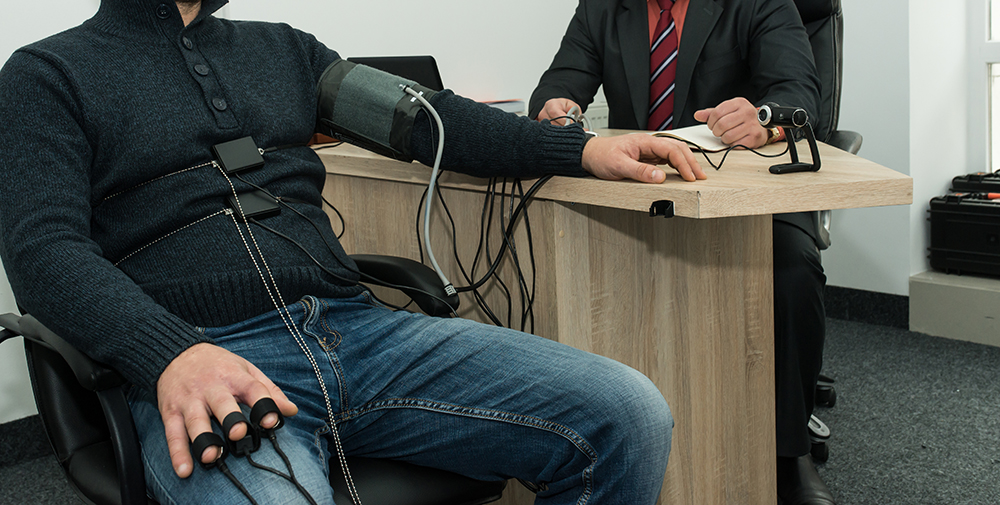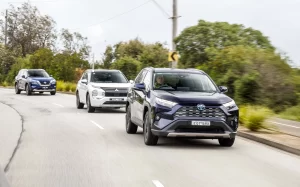
In the field of criminal examination, polygraph testing — generally known as falsehood discovery — has turned into an important apparatus for agents. Specialized polygraph training courses are pivotal for detectives and policing looking to upgrade their skills around here. The Polygraph testing training refines the more extensive range of abilities expected for viable examinations.
Understanding Polygraph Testing
Polygraph testing estimates physiological reactions, for example, pulse, circulatory strain, breath, and galvanic skin reaction, to decide honesty. The basic rule is that tricky responses frequently lead to perceivable changes in these physiological boundaries. While polygraph results are not dependable and are much of the time utilized related to other analytical procedures, they give vital experiences that can direct detectives in their examinations.
Course Content and Structure
Ordinarily, polygraph training courses are exhaustive and include both hypothetical and active parts. Hypothetical training incorporates understanding the physiological reactions estimated by the polygraph, the mental parts of trickiness, and the standards of test organization. Detectives figure out how to set up and adjust polygraph gear, plan successful inquiries, and decipher the subsequent information.
Pragmatic training includes directed testing where students work on leading polygraph assessments under practical circumstances. They get criticism on their exhibition and figure out how to deal with different situations, incorporating managing tricky subjects and deciphering uncertain outcomes. These courses likewise underline the significance of keeping up with objectivity and sticking to lawful guidelines.

Benefits of Specialized Training
Signing up for specialized polygraph training courses gives a few advantages to detectives. First and foremost, it improves their capacity to accumulate precise and valuable data from suspects, witnesses, and people of interest. This can fundamentally help with settling cases and guaranteeing equity. Also, prepared polygraph analysts are better prepared to deal with the lawful and moral difficulties related to polygraph testing, diminishing the gamble of prohibited proof or improper ends.
Moreover, specialized training helps construct believability and trust in the utilization of polygraphs inside the analytical cycle. This, thusly, can reinforce the general viability of the policing and work on the results of criminal examinations.
Specialized Polygraph testing training is an imperative part of detective skills development. By furnishing detectives with cutting-edge information and commonsense involvement with polygraph testing, these courses improve their capacity to lead intensive and powerful examinations. Putting resources into such training works on the exactness of untruth identification as well as supports the more extensive objective of accomplishing equity and settling violations with more prominent accuracy.






